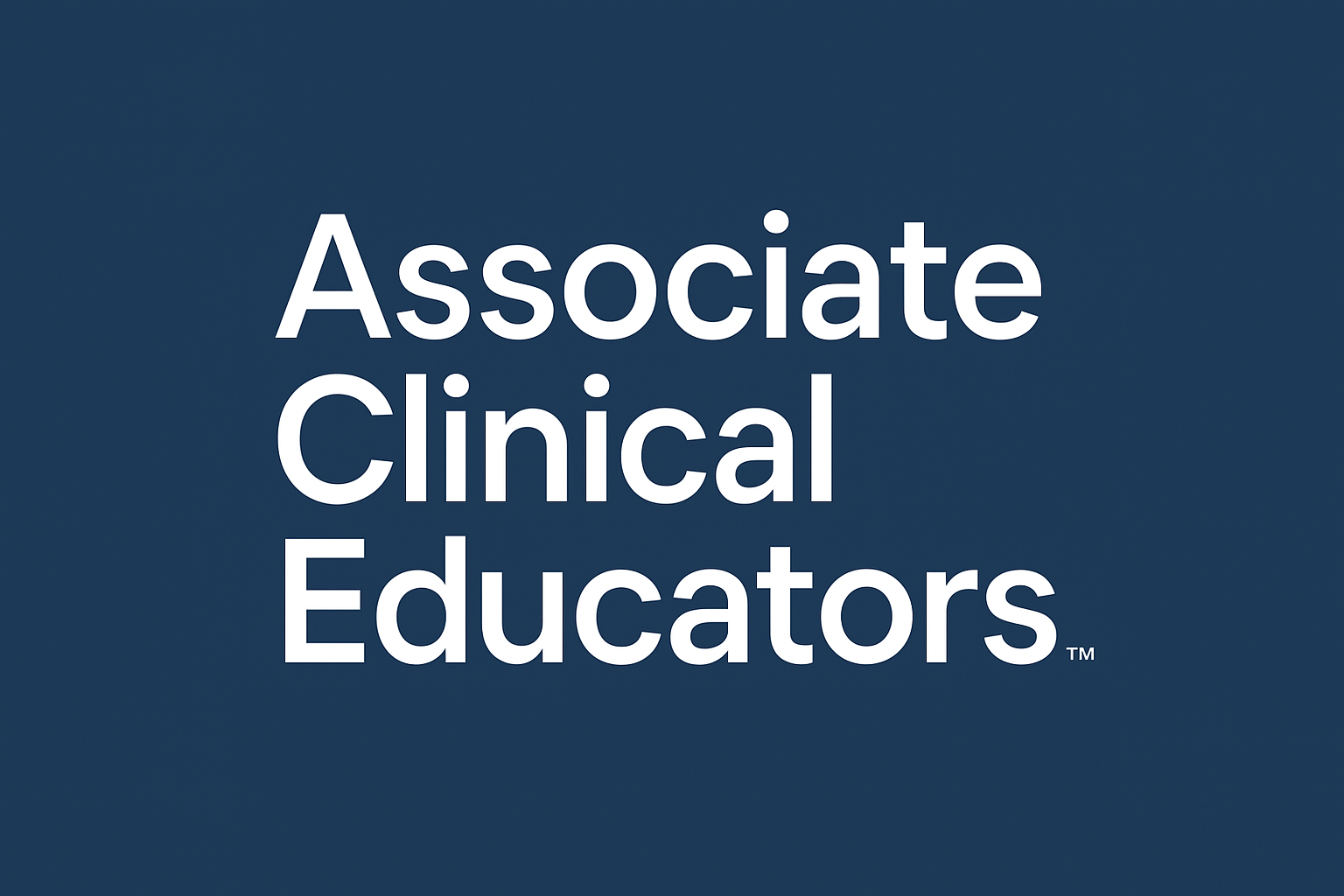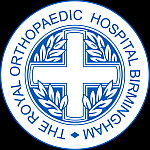Mastering The Skill of Listening: A Key To Patient-Centred Care
In this article, we explore the role of ACEs in healthcare education and the importance of effective communication skills. We discuss the impact of active listening on building rapport with patients and avoiding...
Read More

